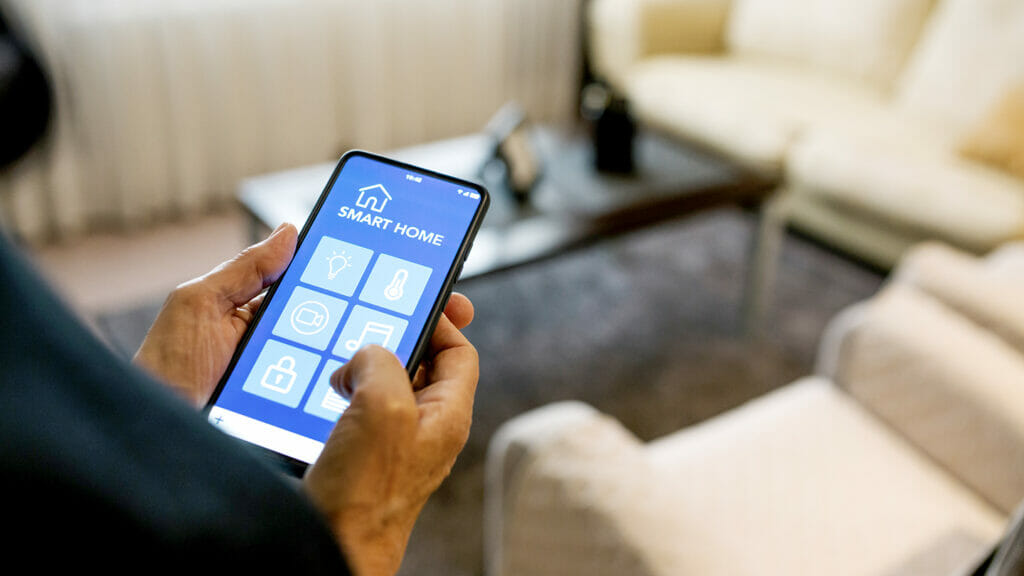
Technologic solutions to help combat the shortage of direct care workers are increasing. But a new study finds a lack of ethical considerations in the development and use of health-related smart home technologies for older adults.
Swiss researchers from the University of Basel reviewed 156 scientific articles published between 2014 and 2020 to determine whether and how ethical questions are discussed in the field of health-related smart home technologies in caregiving for older adults. What they found was no comment about ethics in technology development, research and deployment in more than one-third of the papers they reviewed.
Remote monitoring technologies have been viewed as novel ways to help older adults receive necessary medical support. Findings in the study, published recently in BMC Medical Ethics, however, prompted the researchers to recommend that principles of biomedical ethics — autonomy, justice, privacy and responsibility — need to be respected by both healthcare professionals and technology developers.
In papers that mentioned ethical considerations in the use of technology in the care of older adults, privacy and autonomy were two of the most-mentioned topics. Researchers found that caregivers often considered privacy concerns, whereas older adults did not have the same degree of fears or concerns as their caregivers.
“Older persons, in fact, were less concerned about privacy than costs and usability,” the authors wrote. “Furthermore, they were willing to trade privacy for safety and the ability to live at home.”
But the papers also showed a preference by both older adults and their caregivers in having a choice in technology used, what data are collected and where technology should or should not be installed. The authors noted disagreements on whether cognitive impairment warranted more intrusive measures.
Researchers also found data regarding trade-offs between human and artificial caregiving, including the importance of human caregiving and the underlying necessity of human touch. They noted a general fear that robots would replace humans, along with concerns related to caregiver job loss and increases in the negative effects of social isolation.
Other concerns centered on increased responsibility — including extra work by caregivers to integrate technology and analyze resulting data — as well as a general mistrust of technology.
But positive data about technologies performing caregiving tasks also existed, with many articles raising the idea of collaboration between machines and humans to provide caregiving to older adults.
The authors noted that smart home health technologies can offer the ability to mitigate the shortage of human caregivers and allow older adults to age in place. The shift in caregiving comes with ethical challenges, however, they added.
“More critical work is necessary to prospectively act on ethical concerns that may arise with new and developing technologies that could be used in reducing caregiving burden now and in the future,” the authors concluded.


